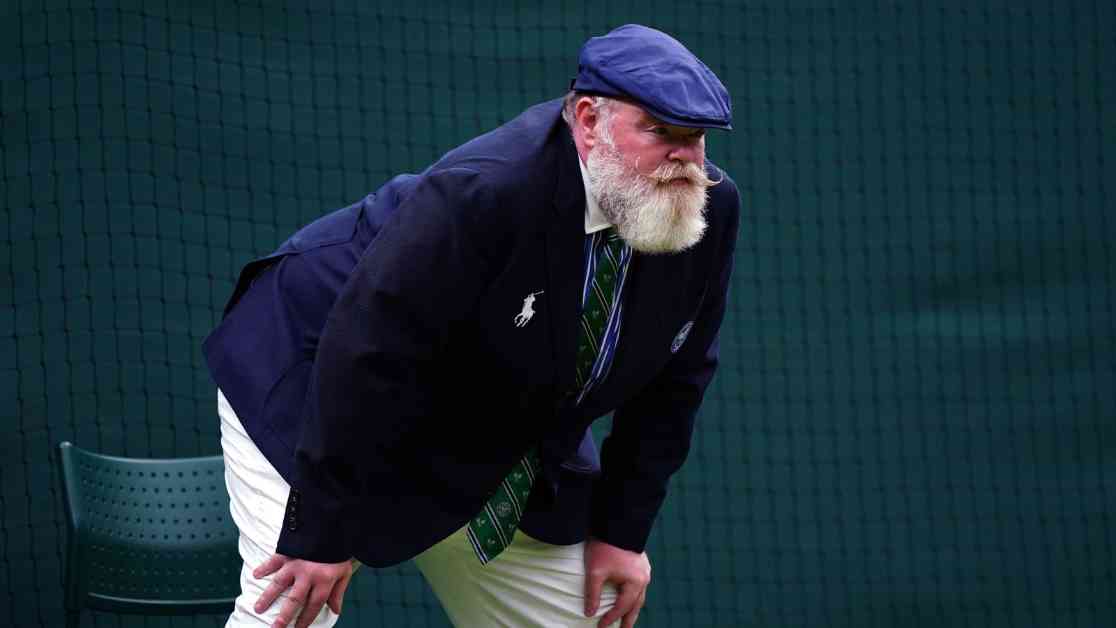Wimbledon is making a significant change to its longstanding tradition of line judges. Starting in 2025, Live Electronic Line Calling will replace all line judges at the tournament, as announced by the organisers. This move aligns Wimbledon with other Grand Slam events like the Australian Open and US Open, as well as various tour events.
The introduction of Hawk-Eye technology on specific courts at Wimbledon in 2007 allowed for improved officiating and player challenges to line calls. Now, the entire site, including qualifying matches at Roehampton, will have a fully automated system in place from 2025, marking the first time in Wimbledon’s 147-year history that line judges will not be needed.
Sally Bolton, the chief executive of the All England Club, emphasized the thorough consideration and consultation that led to this decision. Extensive testing during the previous year’s event demonstrated the reliability of the technology, prompting the club to transition to a fully automated system. This change ensures that players will compete under consistent conditions seen at other tour events.
While acknowledging the longstanding role of line umpires at Wimbledon, Bolton expressed gratitude for their contributions and service over the years. The shift towards electronic line calling reflects Wimbledon’s commitment to balancing tradition with innovation.
With the French Open remaining the outlier by relying solely on human officials, there is a growing trend towards implementing technology in tennis officiating. The upcoming ATP Tour events will feature similar technology, suggesting that the use of electronic line calling is becoming more prevalent in the sport.
Concerns about the impact on officials at various levels of the sport were addressed by Wimbledon organizers, who recognized the implications of this change. Additionally, adjustments to the tournament schedule will see the singles finals moved to later time slots next year, allowing for a shift in the order of matches.
As Wimbledon prepares for this significant transformation in its officiating system, the decision highlights the evolving landscape of tennis and the increasing role of technology in enhancing the sport. With other prestigious events embracing similar changes, the future of tennis officiating is moving towards a more automated and efficient approach.




